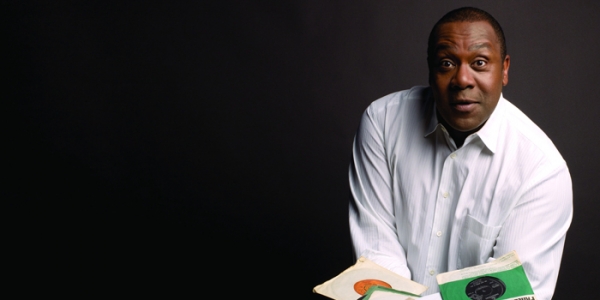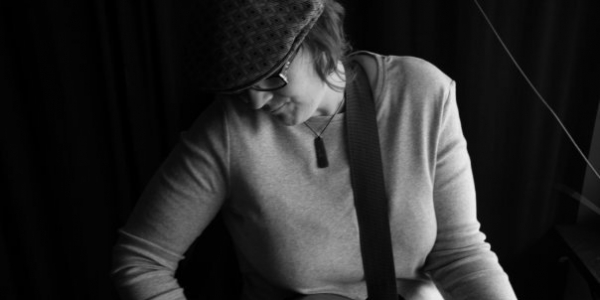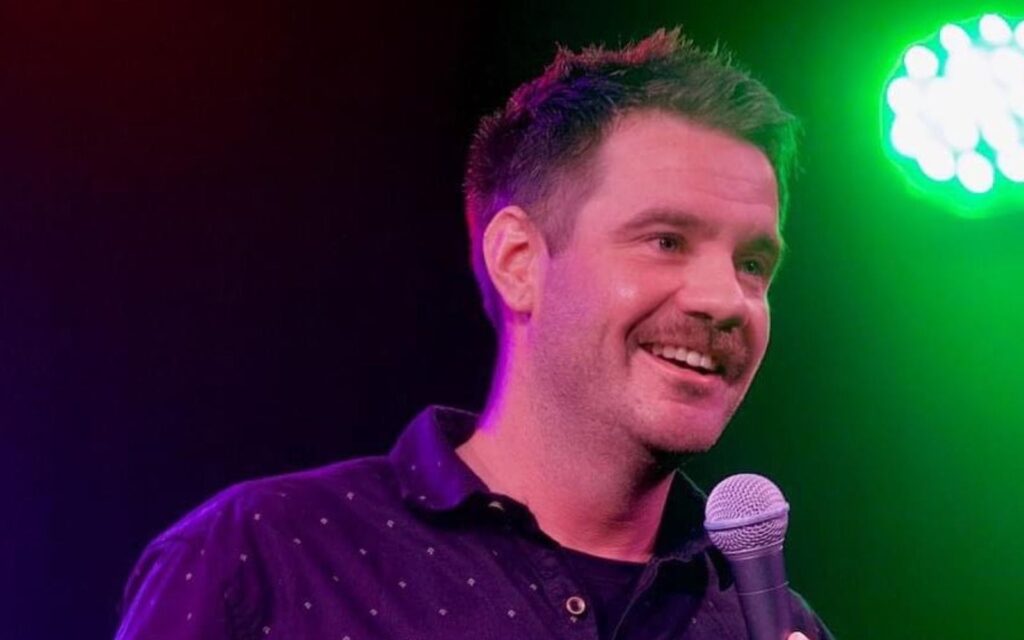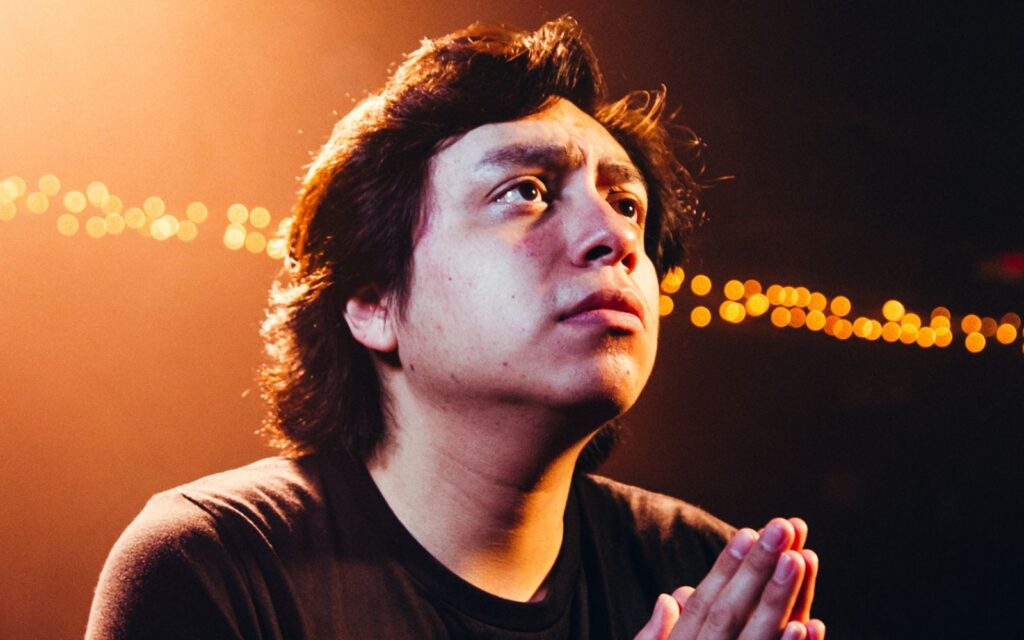Almost 40 years ago, Henry, the teenage son of Jamaican immigrants, was indulging his nascent interest in performance at the occasional local disco. “I used to get up at discos and do impersonations,” Henry recalls. “There was a gentleman by the name of Oscar Martin who was DJing at this club, and he liked what I was doing. He wrote away to a couple of talent shows, including New Faces, and tried to get me on there.” Henry appeared on New Faces in 1975, and, at the age of 16, won the event. Henry had minimal practical musical experience as a child – “I played drums on Jonah and the Jazz,” he confides – though the Henry household had its share of musical icons on display. “I used to do impersonations of Elvis. We had lots of pictures all over the house – I thought at one stage that he was a relative!” Henry laughs.
Consistent with his Jamaican background, Henry was reasonably well steeped in reggae music in the ‘70s. “One of my best mates at college, a white guy, was really into reggae, and he had loads of these old singles, bands like Toots and the Maytals,” Henry says. Henry was also exposed to a wide cross-section of ‘70s music, including the glam rock of David Bowie and Marc Bolan, and the emerging funk and soul sounds of the United States. “I went to a working class school, and I had a lot of white friends, and the thing about my white friends was that they were into totally different stuff so my musical tastes had this whole paradigm shift!” Henry says. The symbiotic relationship between reggae and punk – most obviously illustrated by The Clash – meant that punk rock was never too far from Henry’s musical radar, though when Stevie Wonder’s Songs in the Key Life was released in 1975, Henry bought a copy and kept it in its plastic cover for fear of damaging such a treasured album. “In the ‘70s I made the decision to be a soul guy, and not a reggae guy,” he says.
Henry’s success on New Faces became the catalyst for Henry escaping his working class existence in the Midlands, and forging a career in comedy. “I didn’t have any idea what it was going to lead to at the time,” Henry says. “As a kid you have no idea about the future, so I just dived in. Pretty soon I was the major earner in the family, and I was able to buy my mum a house and a phone.” Not long after his New Faces triumph, Henry found himself recruited to the travelling Black and White Minstrel show, an experience for which he holds mixed feelings. “It was a bit of a political football, and we copped some criticism,” Henry says. “During the show I was singing Campdown Races, and after the show I was listening to funk and soul, so I was really conflicted at the time.”
Henry was introduced to other rising stars in the British comedy scene, including members of the Comic Strip troupe, including his future wife Dawn French and Alexei Sayle (a clip on YouTube shows Henry featuring on Sayle’s Pop Up Toaster single from 1982). Henry then teamed up with Tracy Ullman and David Copperfield (not the magician) in Three of a Kind in 1981. “David was a fantastic guitarist,” Henry says, “and Tracy was a great improviser – I learnt a great deal from Tracy”. With the Three of a Kind repertoire including the occasional parody, Henry was able to dabble in music from a different angle. “We had a guy working on the show who did great parodies of classic songs. So we did a parody of Da Do Run Run, and I did Earth, Wind and Fire,” Henry enlightens.
Having appeared on countless television shows, toured the world with his stand-up show and ingrained himself on the international comedy circuit, a few years ago Lenny Henry decided to confront one of his remaining performance fears: William Shakespeare. “As a boy, I really didn’t like Shakespeare,” Henry says. “In about 2000 I decided I’d continue my education, so I did a BA through the Open University. And it was through that that I had my antipathy toward Shakespeare slowly chipped off, and by the end of it I had a hierarchy of Shakespeare plays in my mind.” After appearing in a radio documentary on people’s fear of Shakespeare, Henry was encouraged by contemporaries in the entertainment industry – including Dame Judy Dench – to perform Shakespeare on stage. Henry appeared in Othello, to very positive reviews. “Lots of the stuff about performing I knew already, but I did have to work on my voice technique, and to learn how to walk and stand properly,” Henry says.
Such stage performance skills will certainly come in handy with Cradle to Rave. “We did a tour of this show in the UK, and we had a band for the last half of the show.”
While Henry doesn’t rule out adding some local reference points – “what should I include?” he inquires politely – at this stage it’s about Lenny Henry’s personal musical journey. “I play piano, and you also get to see a grown man sweat,” Henry laughs.
BY PATRICK EMERY







